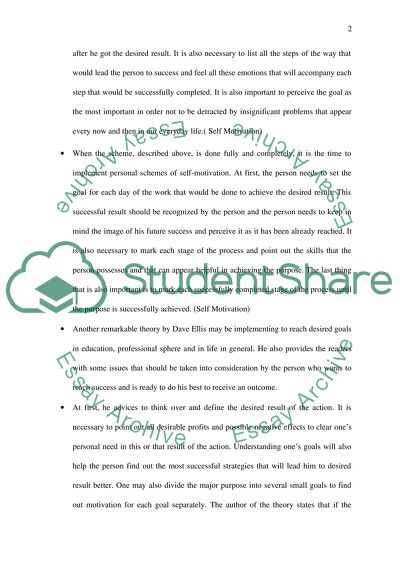Cite this document
(“How to motivate yourself Essay Example | Topics and Well Written Essays - 1750 words”, n.d.)
Retrieved from https://studentshare.org/sociology/1504109-how-to-motivate-yourself
Retrieved from https://studentshare.org/sociology/1504109-how-to-motivate-yourself
(How to Motivate Yourself Essay Example | Topics and Well Written Essays - 1750 Words)
https://studentshare.org/sociology/1504109-how-to-motivate-yourself.
https://studentshare.org/sociology/1504109-how-to-motivate-yourself.
“How to Motivate Yourself Essay Example | Topics and Well Written Essays - 1750 Words”, n.d. https://studentshare.org/sociology/1504109-how-to-motivate-yourself.


